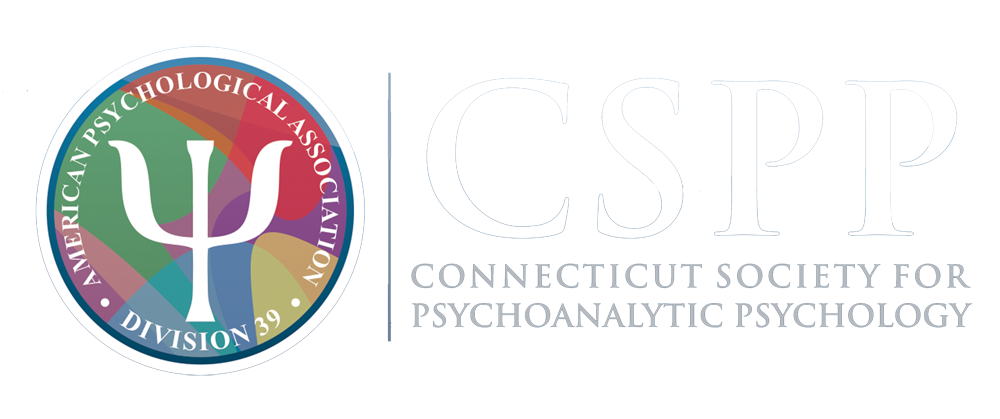Early Career Professionals
Welcome to the Early Career page of CSPP! We extend a warm welcome to mental health professionals just starting out in their careers. If you're interested in joining CSPP, we define "Early Career" as up to 10 years after graduation. You do not need any previous training in psychoanalytic theory, only an interest and curiosity in this type of approach. Why psychoanalytic psychotherapy?
● Psychoanalytic psychotherapy helps people understand underlying patterns in their relationships and work life that may create difficulties, and therefore goes beyond symptom reduction.*
● It helps people tolerate and talk about painful feelings, engage in self-reflection, and recognize inner strengths and capacities.
● No other treatment for personality change has shown as enduring benefits.*
● Research supports the efficacy of psychoanalytic psychotherapy.*
● Psychoanalytic psychotherapy provides a deep understanding of intrapsychic dynamics, which can inform the success of other treatment approaches.
● It can be applied to individuals, couples, families, communities & organizations, as well as in multicultural contexts.
As a board-sanctioned committee of CSPP, the mission of the Early Career Committee (ECC) is to recruit, educate, and mentor members of the organization who are within seven years of graduation from their respective training programs. Early career members are critical to the continued success of CSPP and a mainstay of the organization’s vibrant and successful future. The ECC is committed to early career members through its mentoring program, networking events, mini-meetings specific to early career concerns, and a peer supervision group. The literature has shown that individuals in the early stages of clinical training who have been mentored enjoy greater success and satisfaction in their chosen career (American Psychological Association, Presidential Task Force on Mentoring, 2006; Bogat & Redner, 1985; Ragins & Cotton, 1999; Wright & Wright, 1987), and as an organization CSPP is committed to offering that support. The committee also endorses the diversity principles as outlined on CSPP’s website, specifically by “Providing support and mentoring for early career practitioners who represent diverse back grounds.”
We understand that the first years of getting established can feel stressful in a number of ways. One way in which CSPP recognizes this is with reduced member dues for graduate students (student membership) through the first seven years after graduation (early career membership). Graduate students, postdocs, and psychoanalytic candidates pay only $20 a year for membership and reduced rates for all events. For the first seven years after obtaining a graduate degree, CSPP membership is only $50 a year.
please contact any of the following:
Helpful link:
American Psychological Association, Presidential Task Force on Mentoring (2006).
https://www.apa.org/education/grad/mentor-task-forceHelpful references:
Bogat, G.A. & Redner, R.L. (1985). How mentoring affects the professional development of women in psychology. Professional Psychology: Research and Practice, 16(6), 851-859.
Ragins, B.R. & Cotton, J.L. (1999). Mentor functions and outcomes: A comparison of men and women in formal and informal mentoring relationships. Journal of Applied Psychology, 84, 529-550.
Wanberg, C. R., Welsh, E. T., & Hezlett, S. A. (2003). Mentoring research: A review and dynamic process model. Research in Personnel and Human Resources Management, 22, 39–124.
Wright, C.A. & Wright, S.D. (1987). The role of mentors in the career development of young professionals. Family Relations, 36, 204-208.
* (Shedler, 2010) (click on asterisks above for full article)
